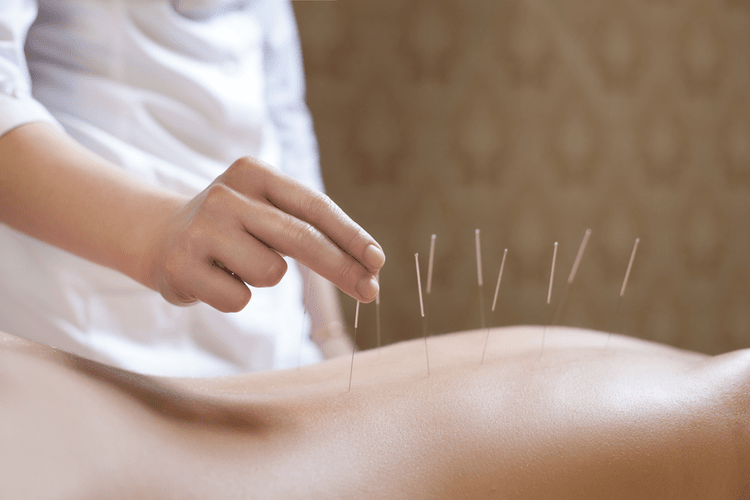Peer pressure is a powerful influence in every child’s life, especially as they grow older and start seeking acceptance within their social circles. While peer pressure can sometimes be positive, it often carries negative connotations that may lead kids to make decisions that conflict with their values or family expectations. Parents play a crucial role in helping children navigate this challenge.
- Eden Pontz is Executive Producer and Director of Digital Content for CPTC.
- We assume all that our parents do for us is positive because they are our parents and they love us.
- Encourage open discussions and interactive sessions to raise awareness among students and community members.
- If your teens don’t have quite enough confidence to walk away on their own, encourage them to look for a like-minded peer or friend who feels the same way they do in a particular situation.
How to Cultivate Gratitude as a Daily Practice in Sobriety
Such feelings can impact the overall well-being of the parent and create a tense family environment, demonstrating the emotional toll of striving to meet perceived parental standards. Recognizing its signs is crucial for mitigating its impacts and fostering a healthier family environment. Here, we delve into the signs of parental peer pressure in more detail, highlighting its complex nature and the ways it can manifest. If you’re having a hard time changing your parenting style, consider reaching out to a therapist or counselor who specializes in family dynamics and child development. They can provide guidance and support as you work on creating a more positive, nurturing relationship with your child.

Gentle Parenting: 3 Effective Techniques for Compassionate Child Discipline
- Nevertheless, they need to be prepared in knowing what to say or what to do.
- Share moments when you faced peer pressure—whether it was standing up for someone being excluded or resisting the urge to follow the crowd.
- In the complex journey of parenting, understanding and mitigating the effects of parental peer pressure is essential for fostering a healthy, supportive family environment.
- Being there for teens when they are faced with the challenges of peer pressure can make all the difference.
- Addressing sensitive topics and concerns with children requires a delicate approach.
Believe it or not, children often look to adults for cues on how to behave and make choices. Encourage what is indirect peer pressure them to surround themselves with people who respect their decisions and individuality. Support your child’s unique talents and interests by exposing them to various activities and communities.
The parent’s guide to helping your child develop social skills
Odds are you’ve heard those words or something similar during your life. They’re a classic example of peer pressure, https://epage.cofelia.fr/alcohol-addiction-signs-complications-and-recovery-5 or when someone tries to manipulate your behavior. The teen gives more importance to their peers’ opinions than their own thoughts.
Cognitive Behavioral Therapy for Children with OCD

When children are used to making choices—both big and small—they develop confidence in their ability to think critically and stand by their decisions, even when they’re unpopular. Conversely, kids who rarely get to make choices may become overly reliant on others for guidance, making them more susceptible to peer influence. As your child goes through elementary school, talk with them about smoking, drugs, and alcohol. Peers can pressure kids to sneak out of the house, cut school, drive without a license (or ride with an underage driver), steal, vandalize property, and cheat.
College Drug Use in the Time of Fentanyl

Positive peer pressure can foster a sense of belonging, self-confidence and a solidified sense of self. Peer pressure is the internal or external pressure felt to behave in certain ways, both good and bad. Peer pressure begins as early as age 10 with the forming of social groups in school and increases during adolescence, throughout junior, middle and high school. Sign up for the weekly CPTC newsletter and get parenting tips delivered right to your inbox. Practical preparation can empower your child to respond effectively to peer pressure. This Drug rehabilitation challenge can seriously impact your child’s emotional well-being and decision-making abilities.
